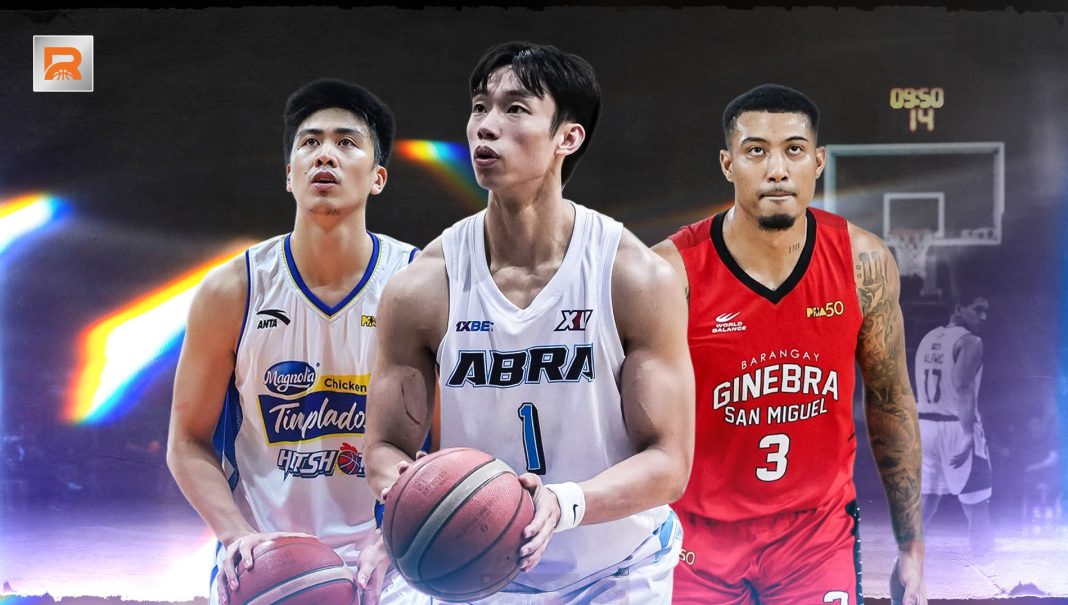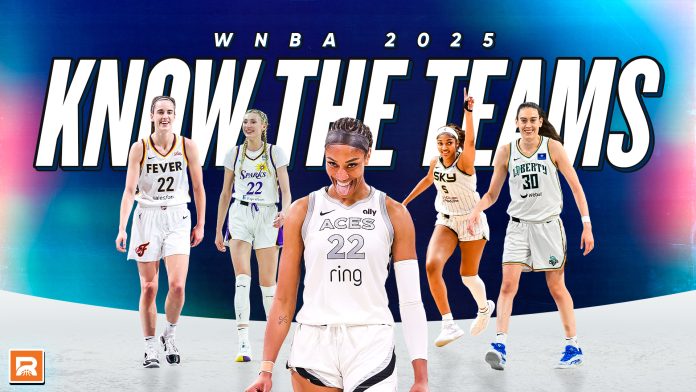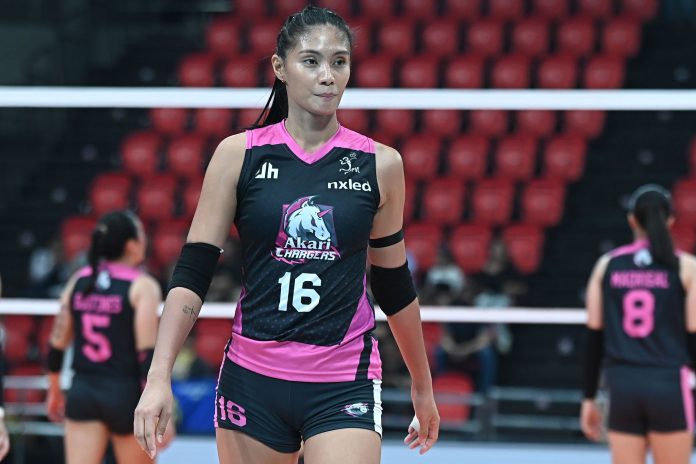Welcome to the latest episode of “The PBA Shoots Itself in the Foot Again.”
In a stunning decision, the PBA has reportedly voted to impose a three-year ban on players who choose to ply their trade in other leagues. Specifically, reports say Asia’s first and oldest pay-for-play basketball league will bar drafted players and players with expiring contracts from playing in the PBA should the former not sign with the team that drafted them and if the latter does not resign with their mother teams first.
According to a report by Tiebreaker Times, the new three-year ban rule was approved in a Board of Governors’ meeting on July 17, 2025—or right about the time William Navarro was reported as being headed to the Korean Basketball League (KBL). This week, he formally signed with Busan KCC Egis, while another in-his-prime wing, Jamie Malonzo, inked his own deal to join the Kyoto Hannaryz of the Japan B.League.
That makes Malonzo and Navarro, whose contracts are both expiring, the latest in a long list of local players who have taken their talents overseas, joining Kiefer Ravena, Bobby Ray Parks Jr., Dwight Ramos, Kai Sotto, Rhenz Abando, SJ Belangel, Arvin Tolentino, and several others. Ravena, Parks, and Tolentino all played in the PBA at one point, while Sotto, Ramos, and Belangel eschewed Asia’s oldest hoops league and went overseas directly. However, it appears that of the players in this list, only Navarro and Malonzo will be directly impacted by the PBA’s new three-year ban rule.
(Of course, the case of players getting drafted but not signing with the teams that drafted them is an entirely different conversation. Dave Ildefonso, who never signed with the NorthPort Batang Pier after getting drafted and instead played in the MPBL, is the poster boy of this particular scenario, and it’s something the PBA is probably hoping to avoid in the future. In this case, some form of punishment might actually be warranted.)
PBA Takes the Low Road with Three-Year Ban Rule
This continuing exodus of big names is certainly a cause of concern for a league that once had a vise grip on local talent. So, it was only right that the PBA had to act. Unfortunately and perhaps unsurprisingly, the powers-that-be of Asia’s oldest basketball league came up with an absurd, Draconian measure—a three-year ban—that might only worsen the problem rather than address it.
Instead of looking for concrete ways to entice players to pick the PBA, the league decided to just punish those who take their talent elsewhere with a three-year ban—as if it were now a crime to choose greener pastures or better avenues at work. Rather than make the PBA the no-brainer choice in professional basketball in the Philippines, Commissioner Willie Marcial and the Board of Governors only made it the big, bad wolf—desperate, unreasonable, out for blood.
Then again, it’s not as if anything about this decision to impose this three-year ban is surprising. This is the PBA, the same organization that can’t even give fans a modern, functional, data-rich website even after it supposedly underwent improvements for God knows how long. This is the PBA, the same organization that can’t even get in-game calls right even with instant replay. This is the PBA, the same organization whose technical committee somehow managed to become the talk of the recently concluded 2025 PBA Philippine Cup Finals.
Yes, this is the PBA, and it somehow managed to bungle whatever goodwill it had left with the country’s overseas imports. Now, Malonzo and Navarro have little incentive to return to the PBA in case their foreign journeys don’t pan out. Others not covered by this Draconian rule, like Sotto and Ramos, might as well be turned off by it as the ban reflects poor, unimaginative leadership that chose to be oppressive instead of imaginative in dealing with a major problem.
The sad irony in all this is that Navarro and Malonzo’s departure to Korea and Japan, respectively, should’ve been the final wakeup call for the PBA to act decisively and make the league a more desirable option. Among the things it could’ve done were to raise the salary cap, entice new franchises to join the league, improve the officiating in games, level up the marketing of players and the PBA itself, and fix what pundits say is the farm team problem.
The PBA did none of that. Instead, it settled for the most convenient “solution”—to dole out punishment in the form of a three-year ban.
It’s the typical PBA way. And it might do more harm than good.








